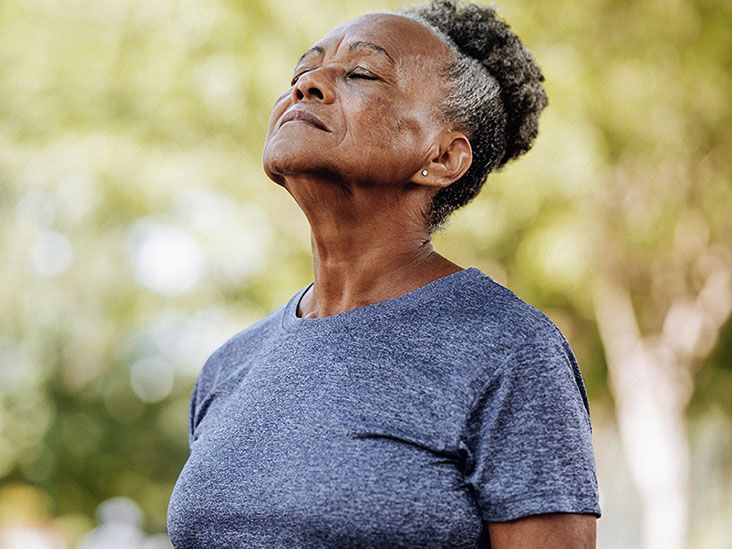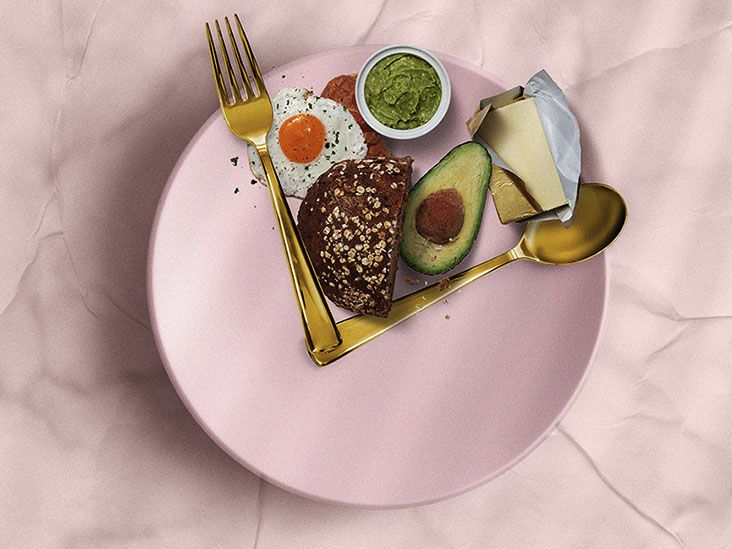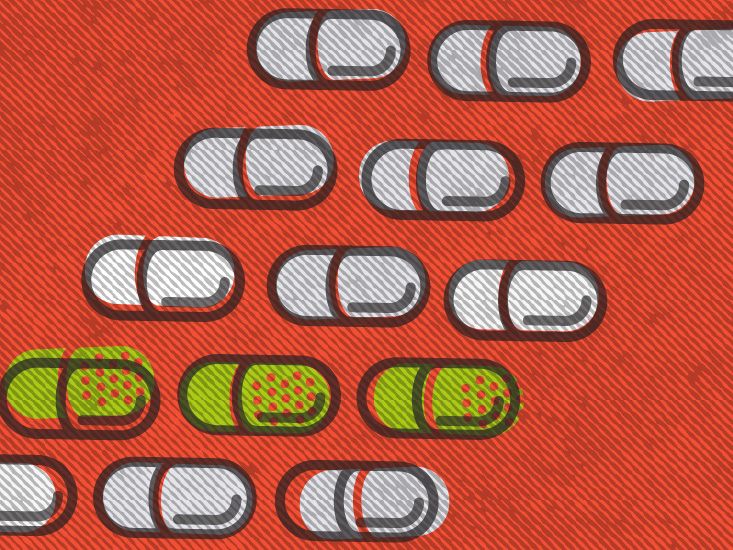Can Drinking Coffee Stop Bleeding?
Bleeding can occur for a variety of reasons, ranging from minor cuts and scrapes to serious medical conditions. Some people claim that drinking coffee can help stop bleeding, but is this really true?
How Coffee Might Impact Bleeding
Coffee contains several compounds that could theoretically impact bleeding and blood clotting, including:
- Caffeine: Caffeine is a stimulant that causes blood vessels to constrict. This vasoconstriction could slow blood flow and potentially help control bleeding.
- Diterpenes: Coffee contains diterpenes such as cafestol and kahweol which may have anticoagulant effects, meaning they inhibit blood clotting.
- Chlorogenic acid: This antioxidant compound found in coffee may also inhibit platelet aggregation, which is important for clot formation.
So while caffeine could theoretically constrict blood vessels and slow bleeding, other compounds in coffee may counteract this effect by preventing clotting.
Limitations of Research on Coffee and Bleeding
Despite some theoretical mechanisms, there is limited research specifically examining whether drinking coffee can stop bleeding.
Most studies have focused on how coffee impacts overall heart disease risk or blood markers related to clotting. But these do not directly assess real-world bleeding outcomes.
Additionally, many studies use caffeine or individual coffee compounds like chlorogenic acid, so do not reflect the complex combination of bioactive substances in a cup of whole coffee.
Potential Risks of Drinking Coffee to Stop Bleeding
Using coffee to stop bleeding may not be advisable due to potential risks including:
- Masking underlying conditions: Bleeding can be a symptom of serious medical issues. Attempting to stop bleeding with coffee could delay diagnosis and proper treatment.
- Interaction with medications: Coffee and caffeine can interact with numerous medications including blood thinners, antidepressants, diabetes drugs and more. This could increase side effects and complications.
- Worsening bleeding disorders: For those with underlying bleeding or clotting disorders, excessive coffee intake could exacerbate issues.
When to Seek Emergency Care for Bleeding
While minor cuts may stop bleeding on their own or with basic first aid, some bleeding situations require emergency medical care. Seek help immediately if you experience:
- Bleeding that lasts longer than 10 minutes
- Bleeding that completely soaks through bandages
- Bleeding accompanied by dizziness, lightheadedness or fainting
- Large amounts of blood loss causing low blood pressure
- Blood in vomit, urine or stool
- Heavy vaginal bleeding during pregnancy
Relying on coffee to stop major or prolonged bleeding instead of seeking medical treatment can have severe consequences.
Using Coffee Safely
Due to the lack of clear evidence that coffee can reliably help stop bleeding, medical treatment should be sought for anything other than minor cuts. However, drinking coffee in moderation as part of a healthy lifestyle may offer other health benefits related to heart health, energy levels, liver function and more.
Tips for Safe Coffee Intake
If you enjoy drinking coffee, follow these tips to maximize benefits and safety:
- Limit intake to 3-4 cups per day
- Avoid adding sugar, syrups and heavy cream
- Choose organic, high-quality coffee when possible
- Stay hydrated by drinking plenty of water
- Avoid coffee in the late afternoon/evening
- Be aware of medication interactions
Pregnant women, children and those with chronic health issues may need to limit coffee intake further due to safety concerns. Speak to your doctor about what is appropriate based on your health status.
Other Ways to Help Stop Minor Bleeding
While coffee should not be relied upon, here are evidence-based approaches to help control minor bleeding from small cuts or scrapes:
- Apply direct, firm pressure over the wound using a clean bandage or cloth for 10+ minutes
- Elevate the wound above the level of the heart if possible
- Use an OTC hydrogel, bandage or antibiotic ointment after cleaning
- Consider non-medication options like tea tree oil, plantain leaf, vitamin K cream
- See a doctor if bleeding persists despite first aid efforts
The Bottom Line
There is currently no solid scientific evidence that drinking coffee can reliably stop bleeding. Actually, due to its complex combination of compounds, coffee may inhibit clotting in some people.
Relying on coffee instead of medical treatment for anything other than minor cuts could have severe health consequences. However, drinking moderate amounts of coffee may offer other benefits as part of an overall healthy lifestyle.
FAQs
Can drinking coffee help stop bleeding from minor cuts?
There is limited evidence that coffee may help stop minor bleeding. The caffeine may constrict blood vessels, but other compounds may also interfere with clotting. Coffee should not replace medical treatment for anything other than superficial small cuts.
Is it safe to use coffee to stop nosebleeds?
No, coffee should not be used to treat nosebleeds. Persistent or frequent nosebleeds may be a sign of an underlying health condition and should be evaluated by a medical professional.
Can drinking coffee make bleeding worse?
Yes, it's possible. Coffee contains compounds like diterpenes and chlorogenic acid that may inhibit platelet function and blood coagulation in some people. Those prone to excess bleeding or with bleeding disorders should use coffee cautiously.
When should someone seek emergency care for bleeding?
Seek emergency medical care if bleeding lasts longer than 10 minutes, soaks through bandages, is accompanied by dizziness/fainting, involves large blood loss, or occurs in vomit, urine, or stool. Relying on coffee instead of treatment could have severe consequences.
Disclaimer: This article is for informational purposes only and does not constitute medical advice. Always consult with a healthcare professional before starting any new treatment regimen.
Related Coverage
Spot the bicuspid aortic valve symptoms, know when to get help, and find lifestyle and treatment tips to keep your heart healthy....
French press coffee contains high levels of cafestol, which may raise LDL cholesterol and heart disease risk. Learn ways to reduce your cafestol exposure when brewing French press....
Hypertrophic cardiomyopathy life expectancy is near normal; discover risk factors, survival, and treatments that extend life....
Wegovy shows potential to help Crohn's disease patients struggling with unintended weight loss, malnutrition, and cardiovascular risks....
Find out how mitral valve prolapse presents, when to seek help, treatment options, and tips for living a healthy, active life....
Try a heart disease diet packed with simple swaps, whole‑grain carbs, fatty fish and low‑sodium foods to cut cholesterol, lower blood pressure, and feel energized....
Varicose veins indicate poor circulation that can lead to cardiovascular issues like high blood pressure and arrhythmias causing heart palpitations....
Intermittent fasting may impact heart health positively or negatively. Find out how it affects your cardiovascular system and what’s safest for you....
If you notice sudden indentation on your arm, it may signal heart disease. Learn about the connection between arm dents and clogged arteries, and what to do....
Cut the Camzyos cost with smart insurance steps, $10 copay programs, free echo assistance and foundation grants—start saving now....








